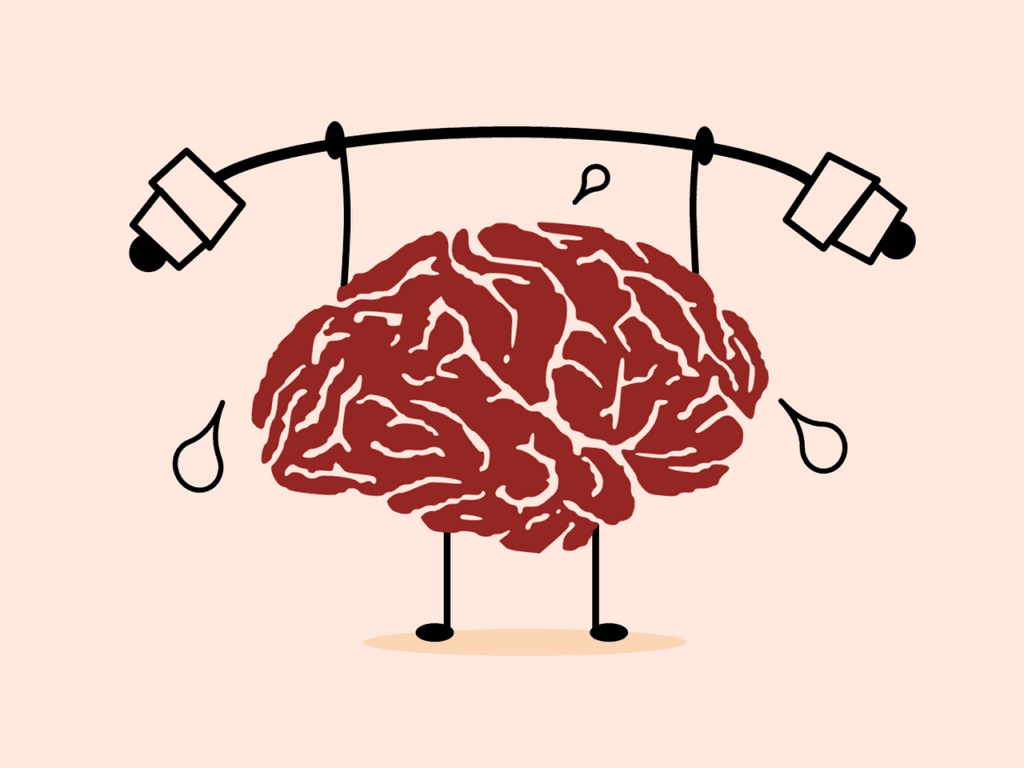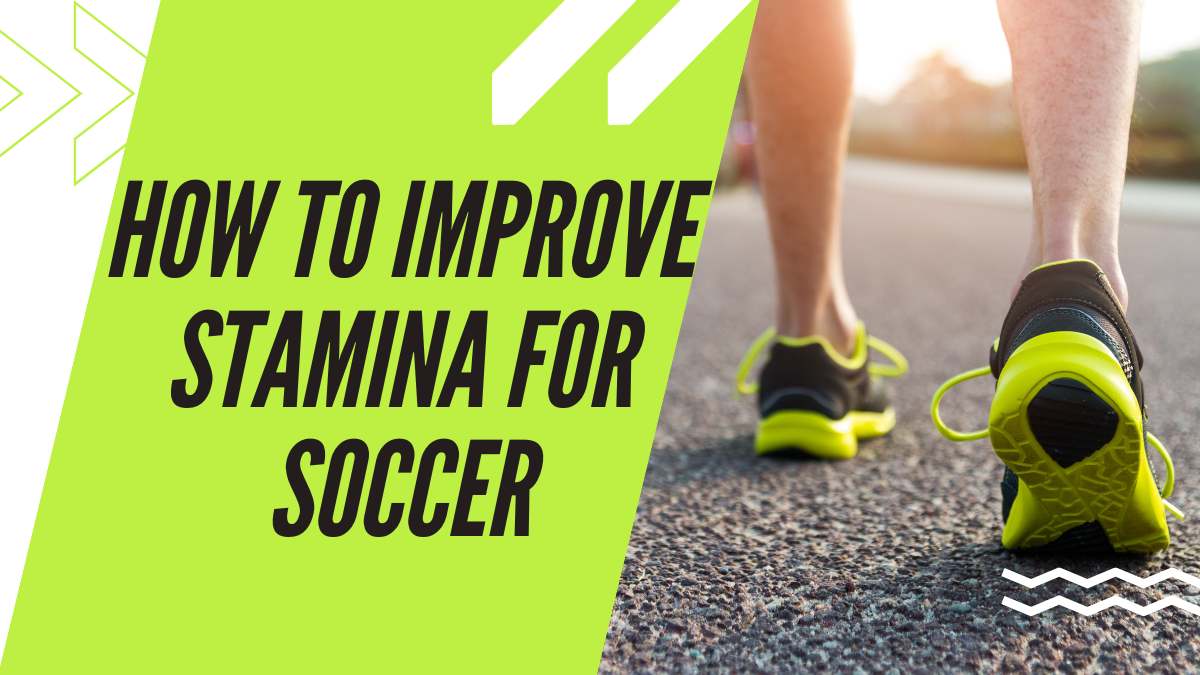How to Improve Stamina for Soccer – Tips and Tricks
Soccer is a sport that requires a great deal of stamina. Players must be able to run for long periods of time, perform bursts of speed, and keep their focus sharp for the duration of the game.
Therefore, improving your stamina is crucial if you want to get better at soccer. In this article, we’ll explore some tips and tricks that can help you boost your soccer stamina, including cardiovascular exercise, proper nutrition and hydration, interval training, mental techniques, strength training, and rest and recovery.
By incorporating these strategies into your training routine, you can build the endurance and resilience needed to play at your best for 90 minutes and beyond.
Cardiovascular Exercise

Cardiovascular exercise is essential for improving soccer stamina because it helps to build endurance, increase lung capacity, and improve blood circulation. Soccer players need to be able to run for extended periods of time, and cardiovascular exercise is one of the most effective ways to build the endurance needed for this.
Additionally, cardio exercises can help to reduce the risk of injury, as they strengthen the heart and lungs, enabling them to deliver oxygen more efficiently to the muscles.
There are many different types of cardiovascular exercise that can benefit soccer players. Running is one of the most popular and effective options, as it can help to build endurance and improve cardiovascular health.
Interval training basically involves alternating between high-intensity exercise and periods of rest or lower-intensity exercise. Other cardio exercises that can benefit soccer players include cycling, swimming, and jumping rope. It’s important to choose exercises that you enjoy and that you can realistically stick to. This is because consistency is quite important in building endurance and improving soccer stamina.
Proper Nutrition and Hydration

Proper nutrition and hydration are essential components of any effective soccer stamina training program. Here are some tips to help you stay fueled and hydrated for optimal performance:
Fueling Your Body
- Eat a balanced diet: Aim to consume a balanced diet with plenty of lean protein, complex carbohydrates, healthy fats, and fiber. This will help to ensure that your body is getting the nutrients it needs to perform at its best.
- Choose nutrient-dense foods: Foods like fruits, vegetables, whole grains, and lean protein sources like chicken, fish, and beans are all excellent choices for soccer players.
- Stay hydrated: Make sure to drink plenty of water before, during, and after your soccer games and training sessions. Dehydration can negatively impact your performance and increase your risk of injury.
- Avoid sugary and processed foods: While it may be tempting to reach for sugary or processed snacks for a quick energy boost, these foods can actually cause a crash in energy levels and negatively impact your performance.
Hydration
- Drink enough water: It’s important to stay hydrated, especially when exercising. Aim to drink at least 8-10 glasses of water per day, and more if you are exercising.
- Drink sports drinks: Sports drinks can be beneficial for replenishing electrolytes lost through sweat during intense exercise. Look for drinks that are low in sugar and high in electrolytes like potassium and sodium.
- Avoid caffeine and alcohol: Excessive caffeine and alcohol can cause dehydration and negatively impact your performance. Try to limit your intake of these drinks or avoid them altogether.
By following these tips, you can fuel your body with the nutrients and hydration it needs to perform at its best on the soccer field.
Interval Training
Interval training is an effective way to improve your soccer stamina by increasing your cardiovascular endurance and improving your body’s ability to recover quickly.
Interval training involves alternating periods of high-intensity exercise with periods of low-intensity exercise or rest. This type of training helps to improve your body’s ability to utilize oxygen, increase your aerobic capacity, and improve your overall fitness level.
Tips for Incorporating Interval Training into Your Soccer Training:
- Start slow: If you’re new to interval training, start with shorter intervals and gradually increase the length and intensity over time.
- Mix it up: Vary your intervals by alternating between different types of exercises, such as sprints, jogging, or jumping jacks.
- Use a timer: Use a timer or stopwatch to keep track of your intervals and ensure that you’re working at the right intensity level.
- Rest and recovery: Make sure to incorporate rest and recovery periods between your intervals to give your body time to recover and prevent injury.
- Frequency: Aim to incorporate interval training into your soccer training routine at least two to three times per week.
By incorporating interval training into your soccer training routine, you can improve your overall fitness level and increase your soccer stamina by a lot.
Mental Techniques

Soccer stamina isn’t just about physical fitness. Mental toughness and focus are also essential components of an effective soccer training program. Here are some mental techniques you can use to improve your soccer stamina:
Visualization
Visualization involves imagining yourself successfully completing a soccer game or training session. This technique can help you build confidence and mentally prepare for the physical demands of soccer.
Positive Self-Talk
Positive self-talk involves using positive affirmations and words of encouragement to boost your confidence and improve your mental outlook. By focusing on positive thoughts, you can help overcome negative self-talk and self-doubt, which can negatively impact your soccer performance.
Breathing Exercises
Deep breathing exercises can help you stay calm and focused, even in high-pressure situations. By taking deep breaths, you can slow down your heart rate and reduce stress and anxiety, allowing you to stay focused on the game.
Goal-Setting
Setting goals can help you stay motivated and focused on your training. By setting specific, measurable goals, you can track your progress and stay committed to your training regimen.
Mindfulness
Mindfulness involves staying present and focused on the current moment. By practicing mindfulness, you can reduce stress and anxiety, improve your concentration, and stay focused on the game.
By incorporating these mental techniques into your soccer training program, you can improve your mental toughness, focus, and overall soccer stamina, allowing you to perform at your best on the field.
Strength Training
You might be thinking about how strength training will help you improve your stamina. It is because strength training helps to build muscular endurance, which allows you to perform physical activities for longer periods of time without getting fatigued. This increased endurance can translate to improved performance on the soccer field, where players need to be able to run and perform other physical activities for extended periods of time.
Strength training is an important component of any soccer training program. By building strength and muscle mass, you can improve your overall fitness level and reduce your risk of injury. This type of training involves using weights, resistance bands, or your own body weight to build strength and muscle mass.
Tips for Incorporating Strength Training into Your Soccer Training
- Use proper form: When performing strength exercises, use proper form to reduce your risk of injury and maximize your results.
- Start with bodyweight exercises: If you’re new to strength training, start with bodyweight exercises, such as push-ups, squats, and lunges, before moving on to weighted exercises.
- Target multiple muscle groups: Incorporate exercises that target multiple muscle groups, such as bench presses and deadlifts, to improve your overall strength and fitness level.
- Vary your workouts: Change up your workouts regularly to prevent boredom and ensure that you’re targeting different muscle groups.
- Rest and recovery: Make sure to incorporate rest and recovery periods between your strength training workouts to give your muscles time to recover and prevent injury.
By incorporating strength training into your soccer training routine, you can improve your overall fitness level, reduce your risk of injury, and increase your soccer stamina, allowing you to perform at your best on the field.
Rest and Recovery
Rest and recovery are just as important as training when it comes to improving soccer stamina.
It is crucial for allowing your body to repair and rebuild after physical activity. As a soccer player, you will be fatigued after hours of training and playing matches, so it is important to prioritize rest and recovery as well.
Tips for Rest and Recovery
- Get enough sleep: Aim for at least 7-9 hours of sleep per night to give your body the time it needs to recover and repair.
- Take rest days: Incorporate rest days into your training schedule to allow your body to recover and reduce the risk of injury.
- Stretching: Incorporate stretching into your routine, which can help to reduce muscle soreness and improve flexibility.
- Foam rolling: Using a foam roller can help to release tension and improve circulation in your muscles, reducing the risk of injury and improving recovery.
- Hydration: Staying hydrated is essential for proper recovery. Make sure to drink enough water and electrolytes before, during, and after physical activity.
- Nutrition: Proper nutrition is essential for recovery. Make sure to consume enough protein and other nutrients to support muscle repair and growth.
By prioritizing rest and recovery, you can reduce your risk of injury, improve your overall fitness level, and maximize your soccer stamina, allowing you to perform at your best on the field.
Final Thoughts
Improving your soccer stamina requires a combination of physical training, proper nutrition and hydration, mental techniques, and rest and recovery. By incorporating these tips and techniques into your training program, you can improve your overall fitness level and perform at your best on the soccer field.
Remember that improving your soccer stamina is a gradual process and requires patience and consistency. Set realistic goals and track your progress along the way. And don’t forget to enjoy the journey – soccer is a fun and rewarding sport that can help you to improve your physical and mental health.
If you’re looking to become better at your soccer position, then make sure to read our articles on how you can excel at your soccer position and how to improve your soccer intelligence.







